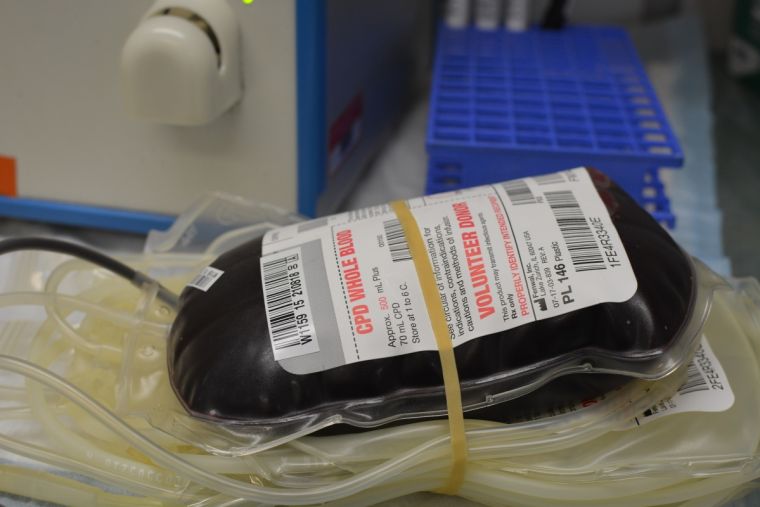Ministers propose 'opt-out' change to organ donation as Christian groups voice opposition
Ministers are proposing to change the organ donation system in England to assume consent is given on the part of potential donor to remove their organs.
Under the current rules people in England have to sign the organ donor register before their vital body parts such as eyes, heart, liver and kidneys can be given to patients in need after the donor's death.

The change, announced by the Prime Minister in her conference speech in October, would presume consent had been given and if people did not want to donate they would have to opt-out of the system.
The aim is to tackle a critical shortage of organ donors and a consultation on the proposals is being launched on Tuesday with the health secretary Jeremy Hunt describing it as a 'a massive call to action'.
However it raises some ethical questions and prominent Christian groups are opposing it.
The public policy charity CARE says the change, which is already in place in Wales, doesn't work and actually reduces the number of donors. It insists it supports organ donation but says consent by the donor and family is crucial.
Citing the Welsh government's two year evaluation of presumed consent chief executive Nola Leach said that far from increasing donors by the predicted 25 to 30 per cent, donors fell after the law was introduced.
'It's important that we take action to increase the number of organ donations across the UK, but let us put the money into something that has been proven to increase organ donations,' she said. 'Let's recruit more specialist nurses so that we can start to see the numbers of people waiting on the transplant list finally start to decrease.'
The Christian Medical Fellowship also opposes the change with Philippa Taylor, the charity's head of public policy, saying it was vital the dead person's family had a veto over any donation and if their wishes were overridden it 'runs the real risk of increasing the distress families are already feeling'.
In a blog post from September she wrote: 'After death, questions arise as to who "owns" the body. The assumption about whose body it is begins to move from personal ownership to state ownership. Organs are not the property of the state so unless the state wishes to suggest that the deceased now wholly belongs to it, the family must have some right to become his/her spokesperson.'











